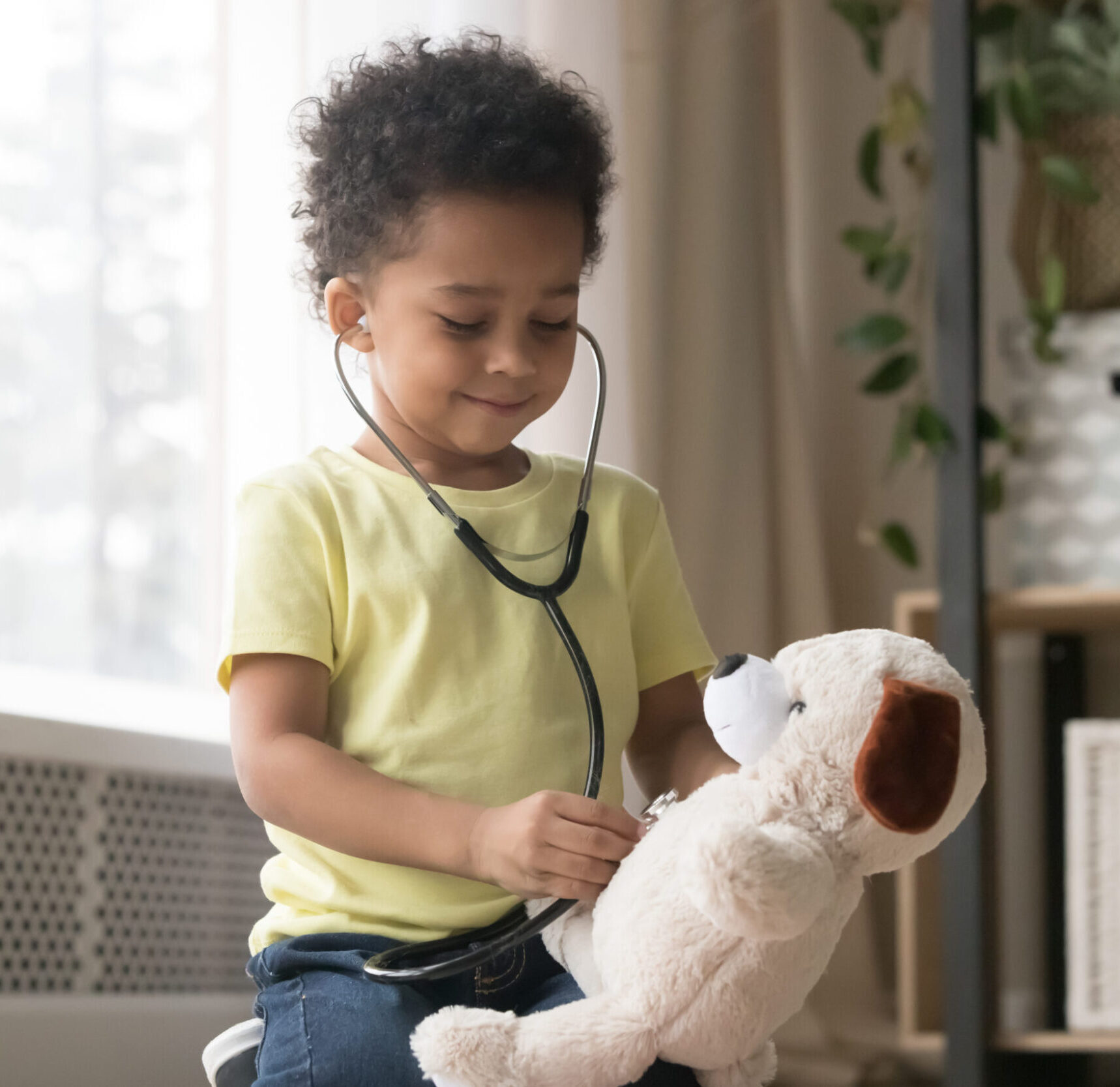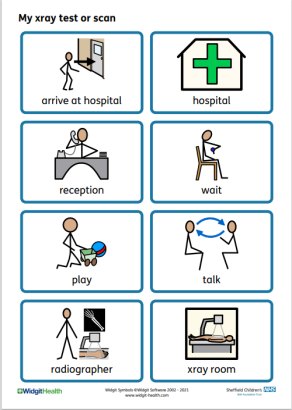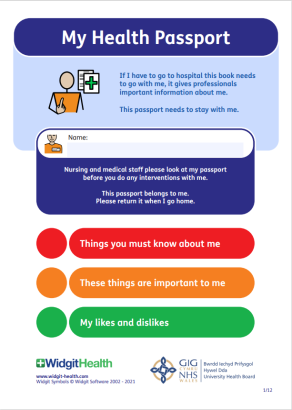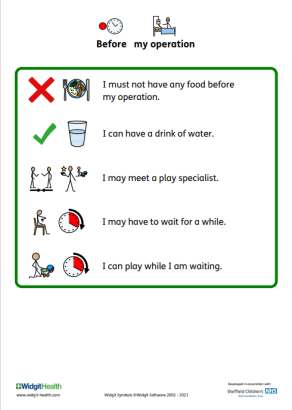The information below will help you prepare for your child’s stay in hospital – what to pack, planning for parking and where to stay, and how to prepare your child.
JUMP TO…
Please note: This is general information and may not apply to every child or hospital admission. Make sure to clarify with your hospital if there is anything you are unsure about.
JUMP TO…
Getting ready…
Knowing what to expect
Preparing for a hospital admission for your child can leave you with many questions and not knowing what to expect.
This section will provide you with general information about how to prepare and what to expect.
Before you go make sure you know…
Where to find the information you need
What To Pack
Packing for you and your child’s hospital stay will differ for every child, family and hospital stay. Parents have provided us with the suggestions below.
What you need to pack will be different depending on your child’s age and their medical condition or additional needs, how long you will be in hospital, your distance from home or how often you can leave the hospital and the amount of space available for personal items.
General items to bring
Items to pack for all babies, children or young people.
Packing suggestions for you and your child
Watch this video for advice about what to pack
Don’t forget to turn the sound on!
Getting to hospital and parking…
Planning for getting to the hospital and knowing where to park can reduce a lot of stress on your child’s admission day. The tips below might help you prepare.
Make sure to leave plenty of time for delays while travelling and parking.
Hospital car parks can be very busy or full – be prepared to wait for a space or maybe have one person drop you and your child off first and then park.
Some carparks only take coins or need an App on your phone – call the hospital to check before you go.
There can be lots of walking in a hospital – bringing a buggy can be useful.
If your child will be in hospital for longer than 7 days, make sure to ask if a cheaper rate for long-term parking is available.
Check our Hospital Information page for top tips for each hospital.
Ask BUMBLEance – Children’s Ambulance Service for support getting your child to their appointment or hospital admission.
Where do parents stay in the hospital?
Depending on the hospital, length of stay and reason for being in hospital, some options for where parents can stay may be available.
Check our hospital information section to find out more about parent accommodation for some hospitals.
If we do not have information for the hospital your child is attending, make sure to contact the hospital or the ward and
ask if there is parent accommodation or a list of local accommodation options
Charities providing accommodation
There are a number of charities that provide free or low-cost accommodation for families when their child is receiving hospital care. They may have a waiting list and you should request accommodation as soon as possible. See the list below for charities providing accommodation and click on the links for more details.
Ronald McDonald House – Treatment at CHI Crumlin Hospital
rmhc.ie | ronaldhouse@rmhc.ie | 01 456 0435
Ronald McDonald House provides low cost accommodation to families with a child undergoing treatment in Crumlin Children's Hospital.
Hugh’s House – Treatment at CHI at Temple Street, Rotunda, Coombes, Holles Street
hughshouse.ie | help@hughshouse.ie
Hugh's House provides free family accommodation 365 days a year for parents who have ill children in Temple Street, Holles Street, The Coombe and Rotunda Hospitals.
Fidelma House – Leukaemia Unit Mercy Hospital Cork
cla.ie/fidelma-house | info@cla.ie| 021 4949801
Fidelma House is a home-from-home accommodation, close to to the Mercy University Hospital, Cork, which the Children’s Leukaemia Association can offer to families while their child is being cared for in the Children’s Leukaemia Unit.
Bru Columbanus – Cork Hospitals
brucolumbanus.com | info@brucolumbanus.com | 021 434 5754
Brú Columbanus provides a ‘home from home’ accommodation for the relatives of seriously ill patients in Cork Hospitals and the Hospice, in particular to relatives of sick children. Brú Columbanus is an independent charity completely reliant on donations and fundraising initiatives to cover the running costs of the house. The accommodation is provided free of charge
Preparing your child for hospital
Before you go – Talking to your child about going to hospital and preparing for tests and procedures
It is important to prepare your child for going to hospital and for tests and procedures. The information below is general advice that might help you prepare your child. Every child is different and will want different information – Ask your child what they want to know and how they want to be involved.

Watch the video below to hear from children, parents and professionals about how they prepare at home for hospital
Shared with kind permission from What? Why? Children In Hospital
Useful resources
Please see the recommended resources below to help you prepare for your child going to hospital.
Hospital Passport – symbols – Children
A free resource from www.widgit.com to help communicate your child's needs and preferences to healthcare professionals. Please note this resource is from a UK website.
Widgit/Symbol Flashcards and Booklets – Hospital admissions, appointments and procedures
www.Widgit.com provides a section with free symbol/widget based flashcards and booklets to help prepare children with additional needs for hospital appointments, procedures or staying in hospital. Please note this resource is from a UK website.
Helping your child during a procedure brochure
Helping your child during a procedure
This short document explains how you can support your child during a procedure and how to prepare at home before a procedure
Using play to prepare your child for hospital – Videos
Using play to prepare your child for hospital
These videos show play ideas to prepare younger children and young people with learning difficulties for different tests or procedures. Please note this resource is from a UK website.
Preparing a child with a learning disability for hospital – video
Preparing a child with a learning disability for hospital
This video shows interviews with parents of children with a learning disability. The parents share experiences and different ways they prepare their child for going to hospital, the doctor, the dentist or the optometrist. Please note this is resource is from a UK website.
HSE Health Passport App
HSE Health Passport - Apple Download | HSE Health Passport - Android/Samsung Download
The HSE Health Passport is now available as an App to support people with Intellectual Disability to communicate and express their unique needs when in a health care setting
Child friendly videos and information about hospital tests and procedures
whatwhychildreninhospital.org.uk/
This website provides lots of resources about going to hospitals, procedures and equipment. You can use the videos, information sheets and other resources to help you prepare your child and know what to expect before a procedure, appointment or hospital admission.
My child has additional needs
If your child has additional needs such as a learning disability, autism or sensory needs, they may need additional supports in hospital. Every child will have different needs but the list below will give some ideas of supports to ask for and how to prepare.
Keep scrolling for useful resources.
Watch the video below to hear from parents how they prepare their child with a learning disability for hospital
Shared with kind permission from What? Why? Children In Hospital
Useful resources
Please see the recommended resources below to help you prepare for your child going to hospital or appointments.
Hospital Passport – symbols – Children
A free resource from www.widgit.com to help communicate your child's needs and preferences to healthcare professionals. Please note this resource is from a UK website.
Widgit/Symbol Flashcards and Booklets – Hospital admissions, appointments and procedures
www.Widgit.com provides a section with free symbol/widget based flashcards and booklets to help prepare children with additional needs for hospital appointments, procedures or staying in hospital. Please note this resource is from a UK website.
Using play to prepare your child for hospital – Videos
Using play to prepare your child for hospital
These videos show play ideas to prepare younger children and young people with learning difficulties for different tests or procedures. Please note this resource is from a UK website.
Preparing a child with a learning disability for hospital – video
Preparing a child with a learning disability for hospital
This video shows interviews with parents of children with a learning disability. The parents share experiences and different ways they prepare their child for going to hospital, the doctor, the dentist or the optometrist. Please note this is resource is from a UK website.
Widgit/symbol resources to help prepare your child for hospital or appointments




